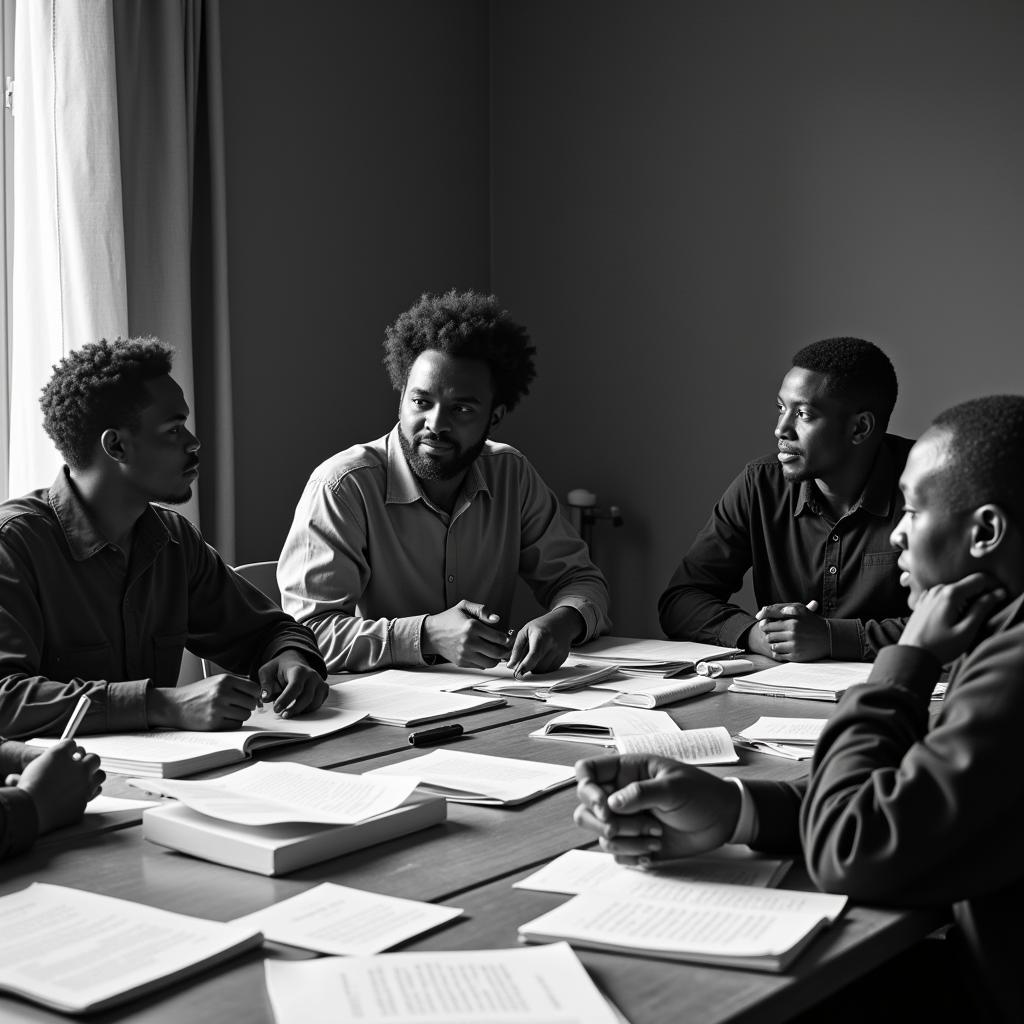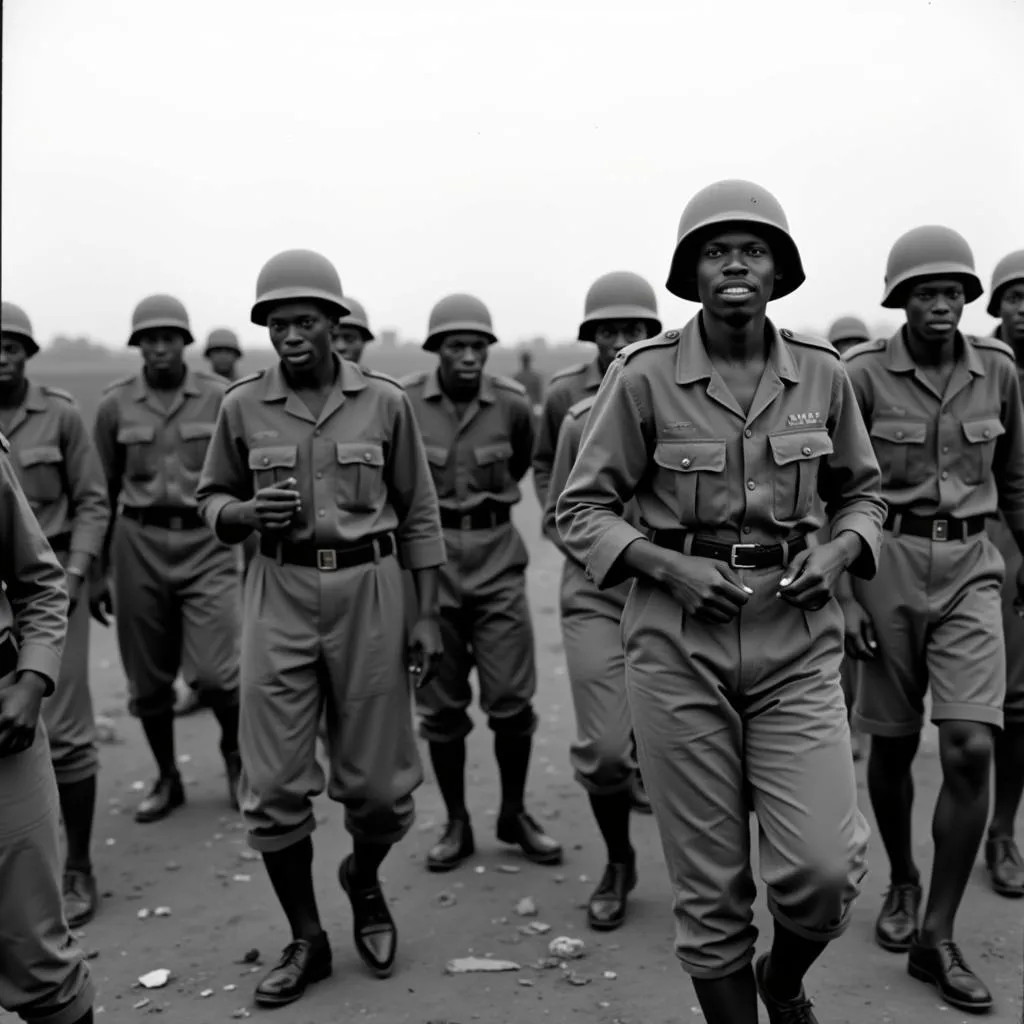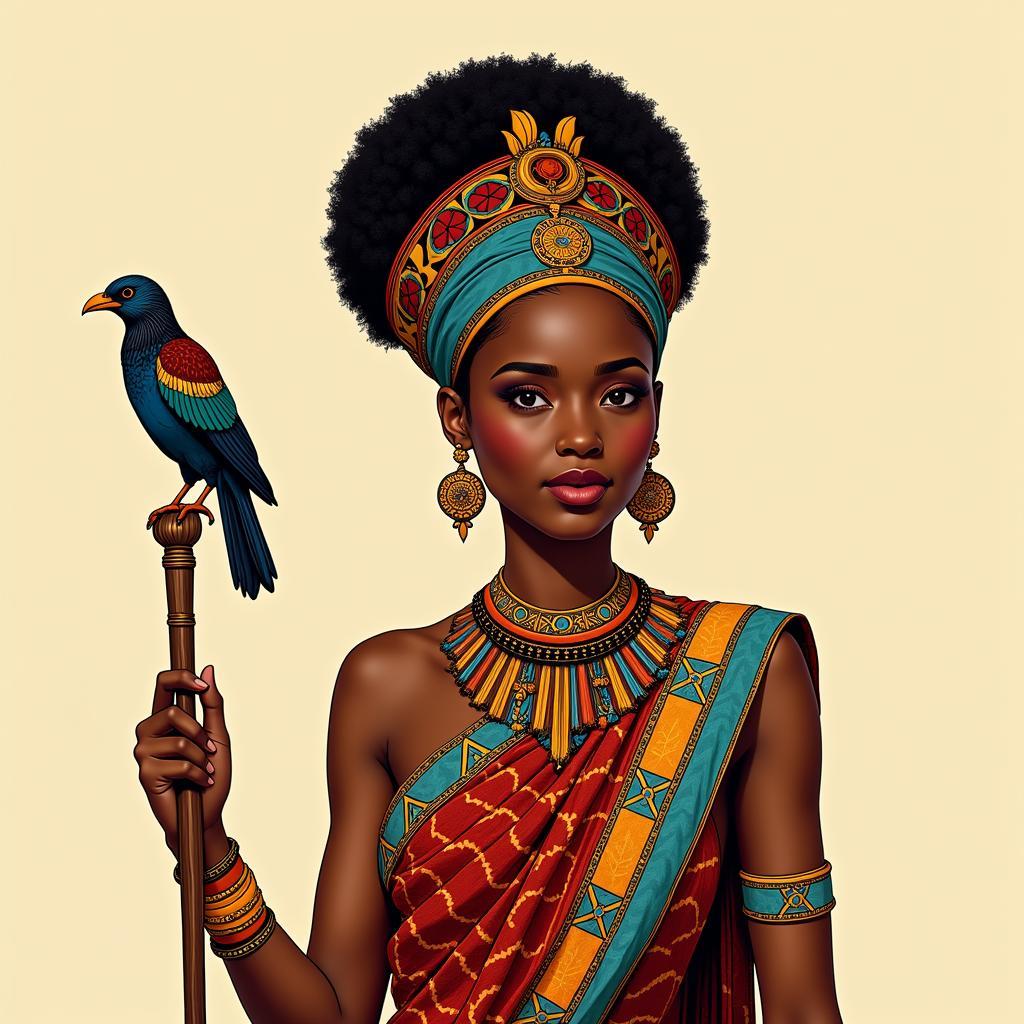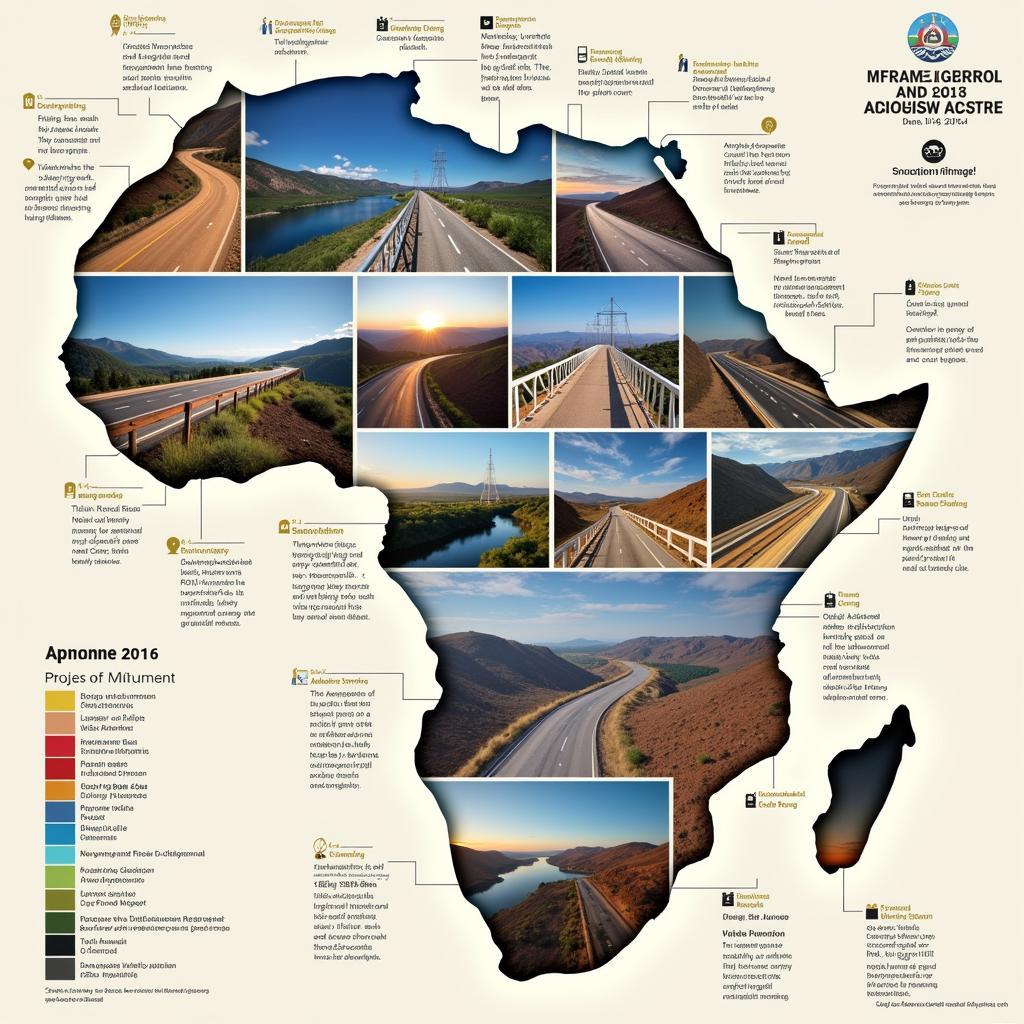African Intellectuals and Decolonization: A Legacy of Resistance and Transformation
From the mid-20th century onwards, as the grip of colonialism began to weaken, a new generation of African intellectuals rose to prominence. These thinkers, writers, and activists played a pivotal role in shaping the intellectual and political landscape of the continent, challenging colonial narratives, and advocating for self-determination. This article delves into the significant contributions of African intellectuals to the decolonization movement and their enduring legacy in shaping post-colonial Africa.
 African Intellectuals in Debate
African Intellectuals in Debate
Challenging Colonial Hegemony: The Power of the Pen
African intellectuals played a crucial role in dismantling colonial ideology and asserting African agency. Through their writings, speeches, and teachings, they exposed the exploitative nature of colonialism, challenged Eurocentric perspectives, and reclaimed African history, culture, and identity.
One of the most potent weapons wielded by these intellectuals was literature. Writers like Chinua Achebe, Ngugi wa Thiong’o, and Wole Soyinka used their literary prowess to deconstruct colonial stereotypes, expose the brutality of colonial rule, and celebrate African resilience. Achebe’s seminal work, “Things Fall Apart,” for instance, offered a scathing critique of colonialism’s impact on traditional African societies, while Ngugi’s writings explored themes of linguistic and cultural imperialism.
Pan-Africanism and the Struggle for Liberation
The concept of Pan-Africanism, which emphasized the shared experiences and aspirations of people of African descent worldwide, became a unifying force in the struggle against colonialism. African intellectuals, both on the continent and in the diaspora, played a crucial role in promoting Pan-Africanist ideals and fostering solidarity among colonized peoples.
Figures like Kwame Nkrumah of Ghana, Jomo Kenyatta of Kenya, and Julius Nyerere of Tanzania, emerged as prominent leaders who drew inspiration from Pan-Africanist thought. They advocated for political and economic independence, arguing for a united Africa that could stand as an equal player on the global stage.
Education and the Shaping of Post-Colonial Vision
Recognizing the importance of education in achieving true liberation, African intellectuals actively engaged in shaping educational systems that reflected African perspectives and aspirations. They established institutions of higher learning, developed curricula that celebrated African history and culture, and promoted the use of indigenous languages in education.
These efforts were driven by the belief that education was not merely about acquiring knowledge but also about fostering critical thinking, empowering individuals, and creating a generation of citizens equipped to lead their newly independent nations.
The Enduring Legacy: Navigating the Challenges of Post-Colonial Africa
While the formal end of colonial rule marked a significant turning point, African intellectuals recognized that true liberation extended beyond political independence. They continued to grapple with the legacies of colonialism, such as poverty, inequality, and ethnic conflicts, and to advocate for social justice, economic development, and good governance.
The contributions of African intellectuals to the decolonization movement and their ongoing efforts to address the challenges facing the continent remain as relevant as ever. Their legacy serves as a reminder of the power of ideas to inspire change, challenge injustice, and shape a more equitable and just future for Africa and the world.
FAQs
1. Who are some other prominent African intellectuals associated with the decolonization movement?
Beyond those mentioned above, other key figures include Amilcar Cabral, Frantz Fanon, Leopold Sedar Senghor, and Steve Biko, each offering unique perspectives and contributions to the struggle.
2. What is Negritude, and how did it contribute to decolonization?
Negritude was a literary and philosophical movement that emerged in 1930s France among francophone African and Caribbean writers. It aimed to reclaim and celebrate the cultural and artistic contributions of the African diaspora, challenging the perceived inferiority imposed by colonialism.
3. How did the role of women intellectuals differ in the decolonization movement?
Women intellectuals played a vital, though often overlooked, role in the decolonization movement. They challenged patriarchal structures both within their societies and imposed by colonialism, advocating for women’s rights, education, and political participation. Figures like Funmilayo Ransome-Kuti of Nigeria and Margaret Ekpo exemplify this struggle.
Exploring Further:
To delve deeper into this topic, consider exploring the works of the intellectuals mentioned in this article. You can also find more information about the African decolonization movement and the impact of African intellectuals through online resources, documentaries, and academic journals.
For any further assistance or guidance, please don’t hesitate to contact us at:
Phone: +255768904061
Email: [email protected]
Address: Mbarali DC Mawindi, Kangaga, Tanzania.
Our dedicated customer support team is available 24/7 to assist you.



